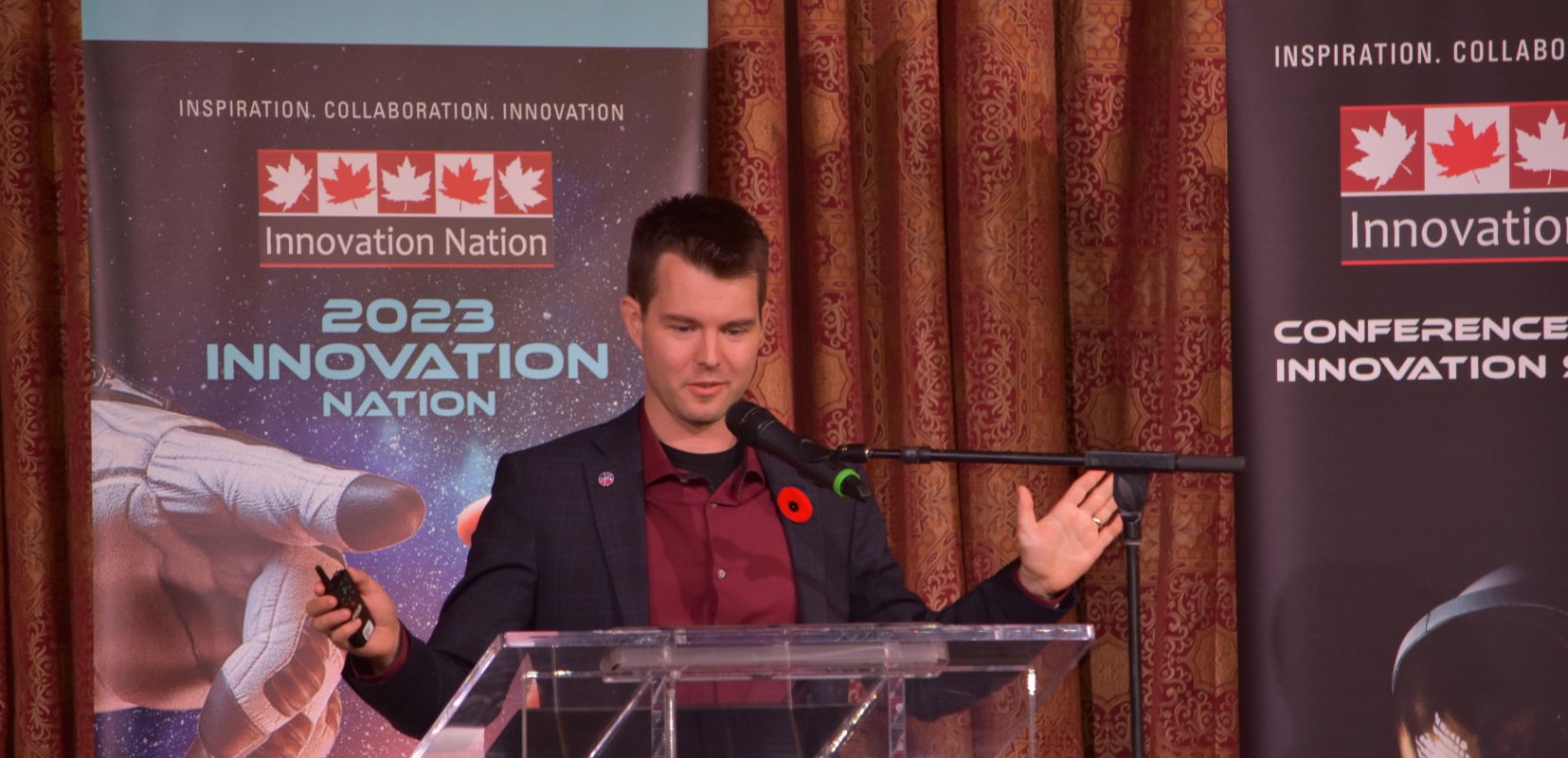Paul W.M. Fedak, MD PhD FRCS(C) FAHA
Director of the Libin Cardiovascular Institute, Merck Chair in Cardiovascular Research, Professor
Cumming School of Medicine
Attending Cardiac Surgeon, Alberta Health Sciences
Director, Marlene and Don Campbell Translational Research Laboratory, University of Calgary
Adjunct Professor, Northwestern University
Paul Fedak is a cardiac surgeon, translational scientist, and organizational leader at the Cumming School of Medicine, University of Calgary. Dr. Fedak is committed to innovating and translating new surgical therapies for patients with advanced heart disease.
Dr. Fedak graduated from the University of Toronto Medical School and completed further training in cardiac surgery (FRCSC) and biomedical science (Ph.D.) in Toronto. The Royal College of Physicians and Surgeons of Canada awarded him a Detweiler Fellowship at Northwestern University in Chicago that supported advanced training in surgery for end-stage heart disease and complex valve repair. The Alberta Heritage Foundation for Medical Research (AHFMR – now known as Alberta Innovates) and the University of Calgary recruited him as a surgeon-scientist. He developed the Campbell Family Translational Research Program. This mature program trains graduate students and develops and validates novel therapies to treat cardiovascular disease. He pioneered novel sternal closure techniques and developed tissue engineering approaches to treat heart failure using biomaterials. He has expertise in surgery for bicuspid aortic valve disease and its associated aortopathy. He leads a collaborative research effort with Northwestern University in Chicago to better understand mechanisms of progression and risk prediction.
He published over 230 peer-reviewed original manuscripts and numerous book chapters. His work is cited over 20,000 times (h-index 60). Dr. Fedak serves as an Editorial Board Member for several biomedical publications, including the Journal of Thoracic and Cardiovascular Surgery and the Canadian Journal of Cardiology. Canada's Heart and Stroke Foundation, Canadian Institutes of Health Research (CIHR), and the National Institutes of Health (NIH/NHLBI) fund his translational research program. He receives international and national leadership, research, and mentorship awards. Some of these include the Queen Elizabeth II’s Platinum Jubilee Medal (Province of Alberta), the C. Walton Lillehei Award (American Association for Thoracic Surgery), the Vivien Thomas Young Investigator Award (American Heart Association), the Paul Cartier Award (Canadian Society of Cardiac Surgeons), and the Wilfred Bigelow Award (University of Toronto), the Watanabe Distinguished Achievement Award (University of Calgary), the Telemachus Distinguished Mentorship Award (University of Calgary) and Calgary’s “Top 40 Under 40” (Avenue Magazine). He holds leadership positions in the American Association for Thoracic Surgery (AATS) and Society of Thoracic Surgeons (STS) and is a Fellow of the American Heart Association (FAHA). He is recognized as a knowledge and opinion leader in cardiac surgery. He provides many internationally invited addresses, including a widely viewed TEDx talk.
Dr. Fedak is a former department head (>100 members) and leader at the University of Calgary. He is currently the director of the Libin Cardiovascular Institute. This is a key leadership position within a dynamic, fully integrated healthcare, research, and service delivery environment. He is responsible for realizing the Institute’s vision of coordinating cardiovascular healthcare, internationally recognized and funded research, and multidisciplinary educational programs that attract quality learners for over 2 million Canadians.


